Volunteering in Piispala: Stefan’s blog
International activities are part of Piispala’s core missions as a youth centre. Our international activities are based particularly on network cooperation at regional, national and European level. We fulfill our international responsibilities by providing information and mentoring for overseas volunteer periods, youth exchanges, seminars, language courses and work camps. We promote internationalization at home by organizing, for example, school or youth house visits, or events together with foreign volunteers. Read about Stefan’s experiences of volunteering in Piispala below.
Three Days in Piispala: What I Learned Volunteering with Nuotta Coaching
As a European Solidarity Corps volunteer, I joined a Nuotta Coaching camp alongside young people from a municipality in Southern Finland. I arrived hoping to contribute but left feeling like I’d learned just as much as those I was there to support.
Nuotta coaching is fundamentally about growth through gently pushing participants beyond comfort zones while ensuring they feel safe, supported, and truly seen. Young people arrived with concerns that felt universal: worrying about judgment, uncertainty about their capabilities, social anxiety. Before welcoming the young people to the center I had a conversation with one of the youth workers where they shared with me one of the questions they most often ask participants: “What do you think fear is for? Why do we feel it?” This opened authentic conversations about exploring what feelings tell us rather than dismissing them, whether exposing self-imposed barriers or pointing to boundaries we should respect.
Piispala’s surrounding forests and lakes provide rare space to breathe, reset, and help participants explore their identity away from daily expectations and constant pressures. I watched someone terrified of heights surprise everyone by tackling the climbing tower. An initially shy participant later opened up about struggles they face back home. Being immersed in nature didn’t isolate them, it gave space to try new roles and discover different sides of themselves.
Many participants made the effort to communicate in English (for which I am very appreciative!), courageously finding ways to express thoughts and feelings they might not normally share. We didn’t always have perfect words, but we understood each other completely. After each challenge, youth workers guided meaningful reflection: “What did this experience teach you about yourself? When were you successful and when did you struggle?” These conversations help build deeper self-understanding and reframe struggles as valuable learning opportunities, hoping that what they learn during their stay will be transferred to their everyday life.
This experience reminded me that courage isn’t about fearlessness, it’s about showing up even when scared. Authentic connection doesn’t require perfection, just honesty and space to grow. I’m deeply grateful to all participants and their accompanying youth workers who welcomed me into these three intense days. There was something magical about watching a journey into the heart of the forest bring so many different people together, creating a community that felt both unexpected and essential.
When was the last time you surprised yourself by doing something that scared you? How might we create more spaces in our communities where young people can explore who they’re becoming?
The Spinnish Possibility: A Cultural Exchange Journey at Saarijärvi School
As part of the European Solidarity Corps volunteering project in Piispala Youth Center I visited Saarijärvi School to present interesting facts and traditions about Spain, my home country, to eighth and ninth graders in their English class. During the class I found myself learning as much about Finnish traditions as I was sharing about Spanish ones. Preparing for this presentation made me reflect on how my time in Finland has challenged my cultural assumptions, leading to what I call the “Spinnish possibility”, learning to be Spanish in Finland.

Yes, Spain has lively gatherings and flexible schedules (I’m often late!), while Finland values quiet reflection and punctuality. But these aren’t just quirks, they’re deep cultural values rooted in history and identity. Living in Finland for two years, I’ve learned to appreciate early dinners that lead to intimate conversations, long winters that encourage reflection, and summers that burst with appreciation for light and community. I’ve found beautiful parallels too: Juhannus and San Juan celebrations, graduation traditions like Penkkarit and Paellas.
Through my time in Finland, I haven’t replaced my Spanish identity, it has grown because of it. Finland’s quiet strength, minimal hierarchy, and trust-based society have become part of who I am. What I once saw as Finnish coldness in social interactions, I now understand as respect for boundaries. Those curious students at Saarijärvi School reminded me that language barriers dissolve when met with genuine openness and curiosity.
This experience shows the true power of European Solidarity Corps: creating global citizens who carry multiple cultures within them. For future volunteers, seek cultural exchange not as observers, but as people willing to be transformed. The magic happens when you’re vulnerable enough to let new experiences change you.
What cultural exchanges have shaped your worldview? How do you balance maintaining your identity while embracing new ways of living?
————————————
Piispala hosts international volunteers through European Solidarity Corps programme that is co-funded by the European Union.




